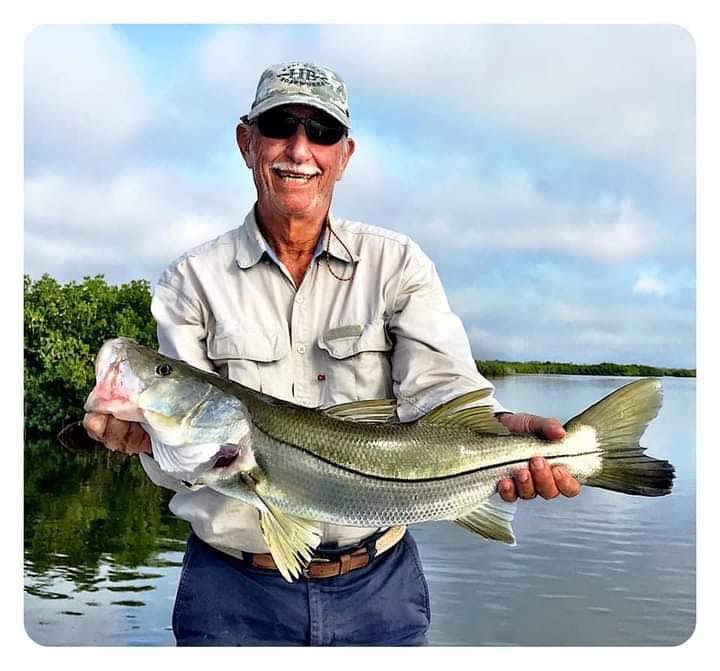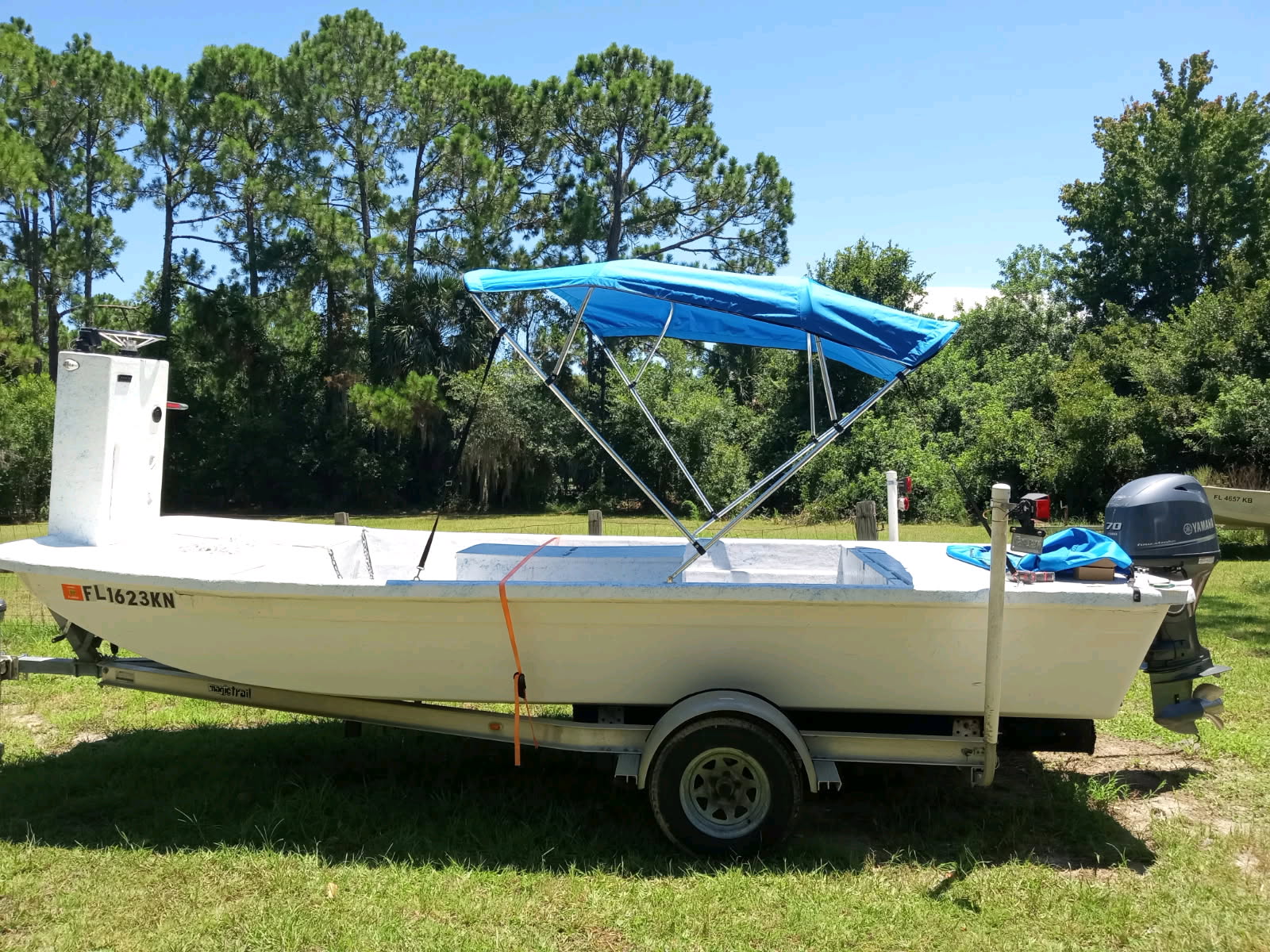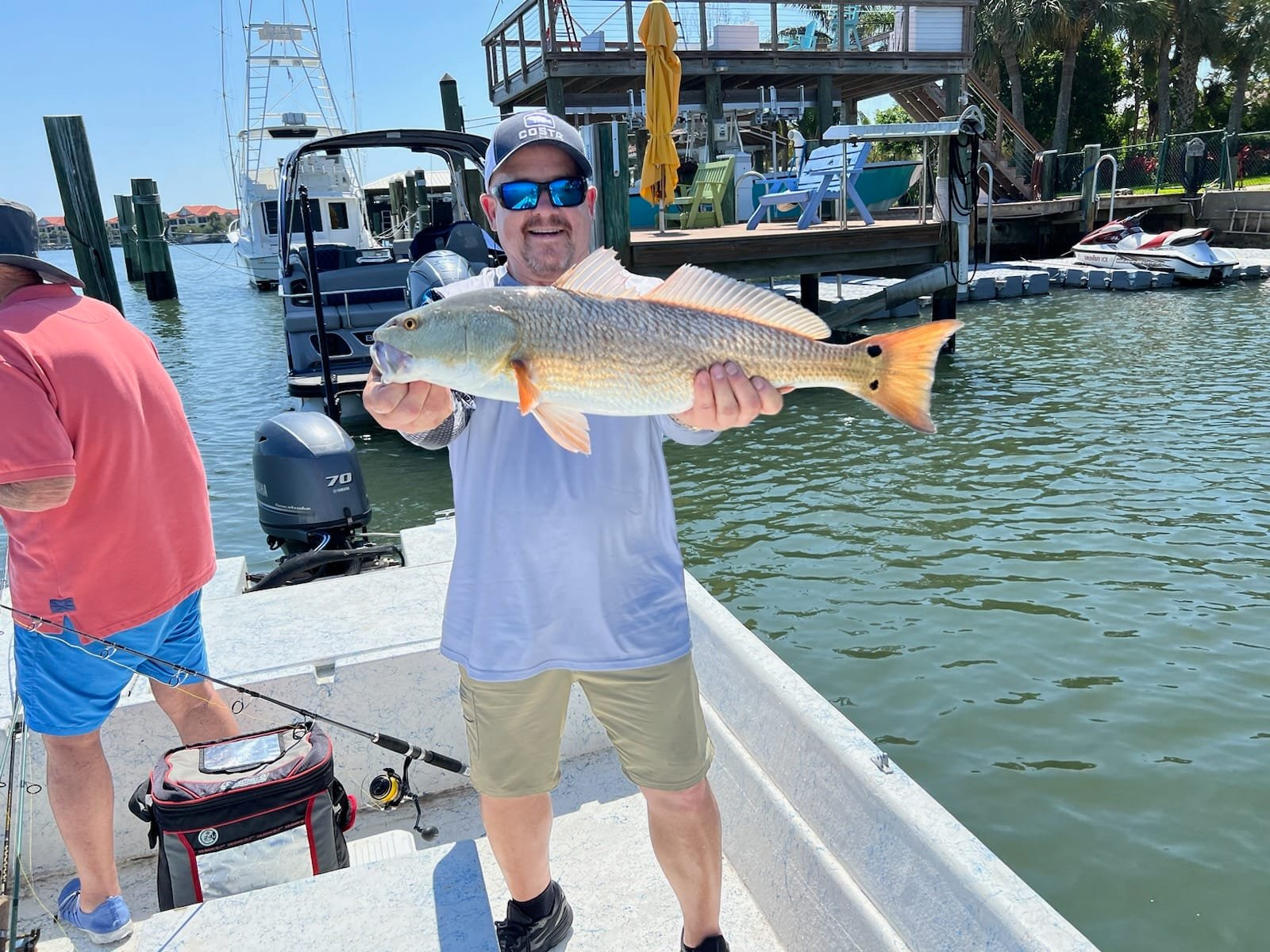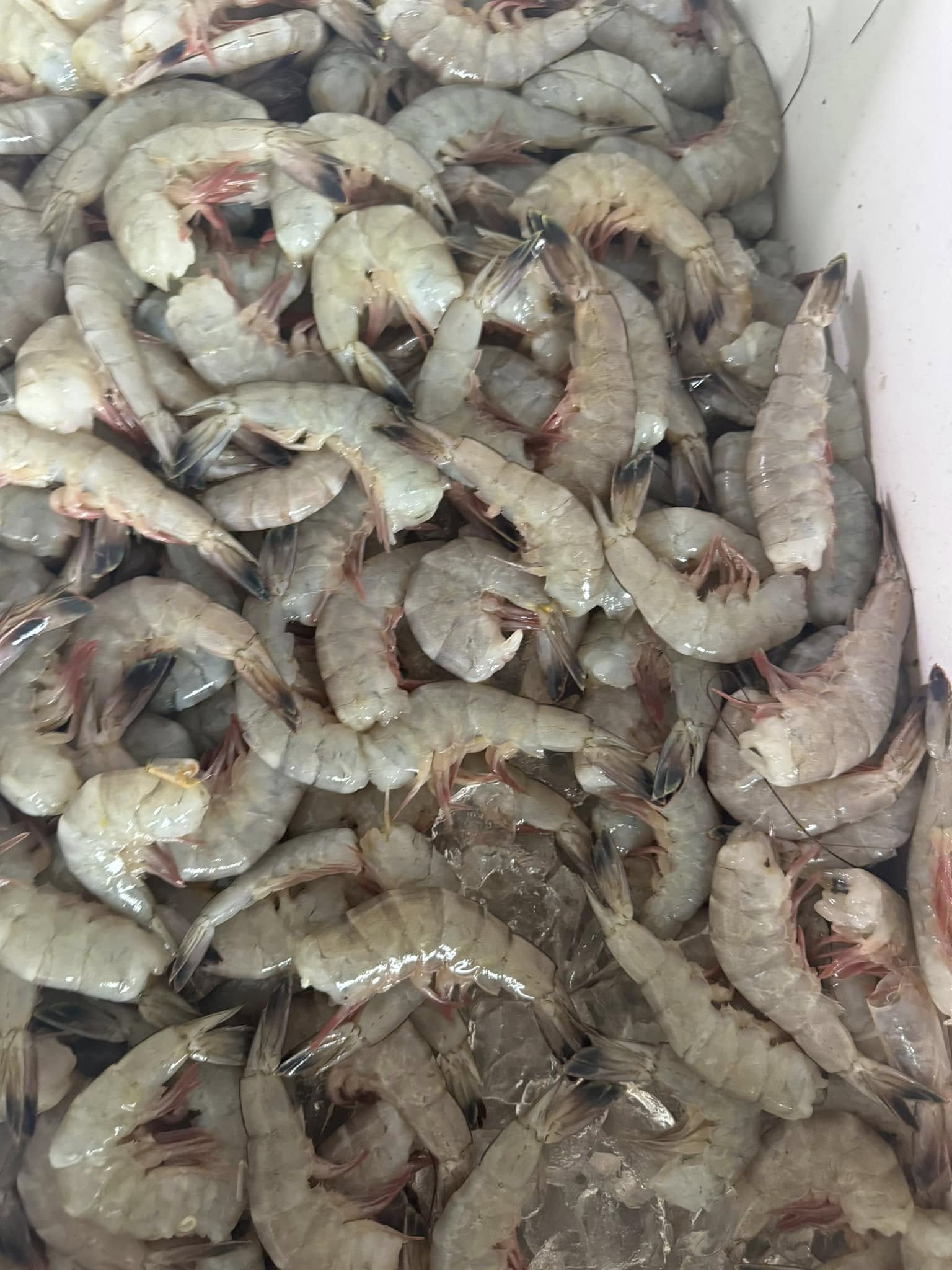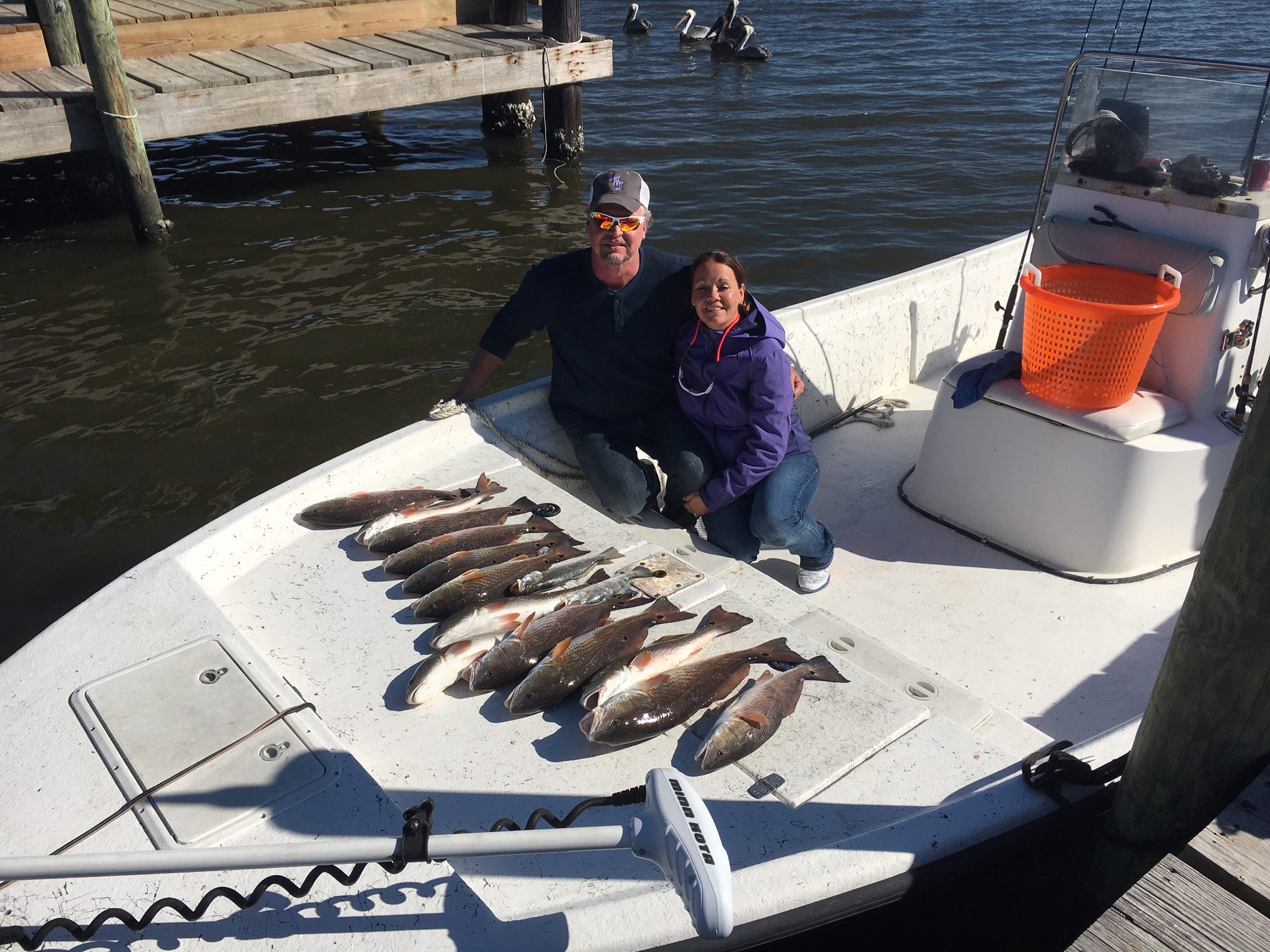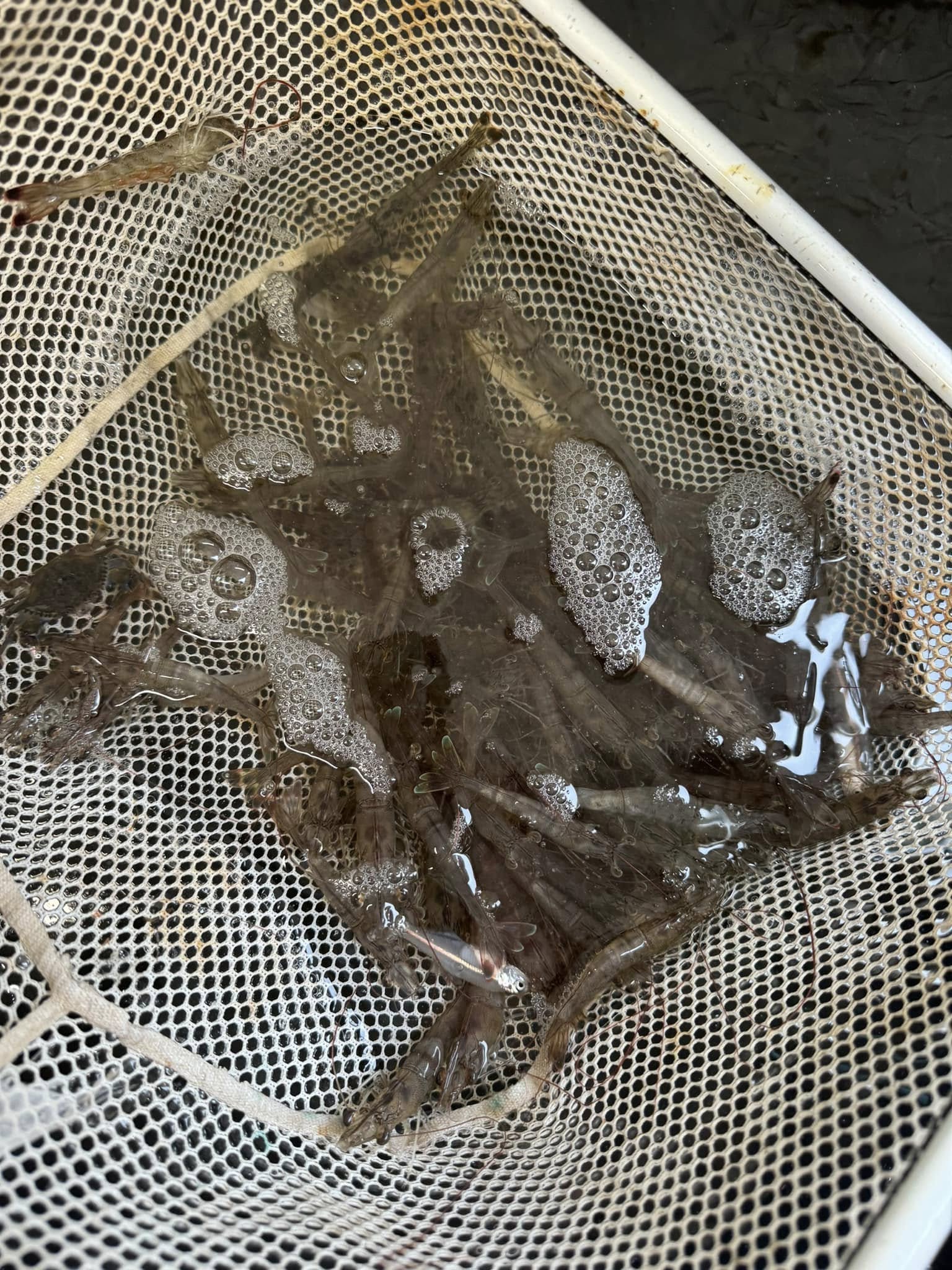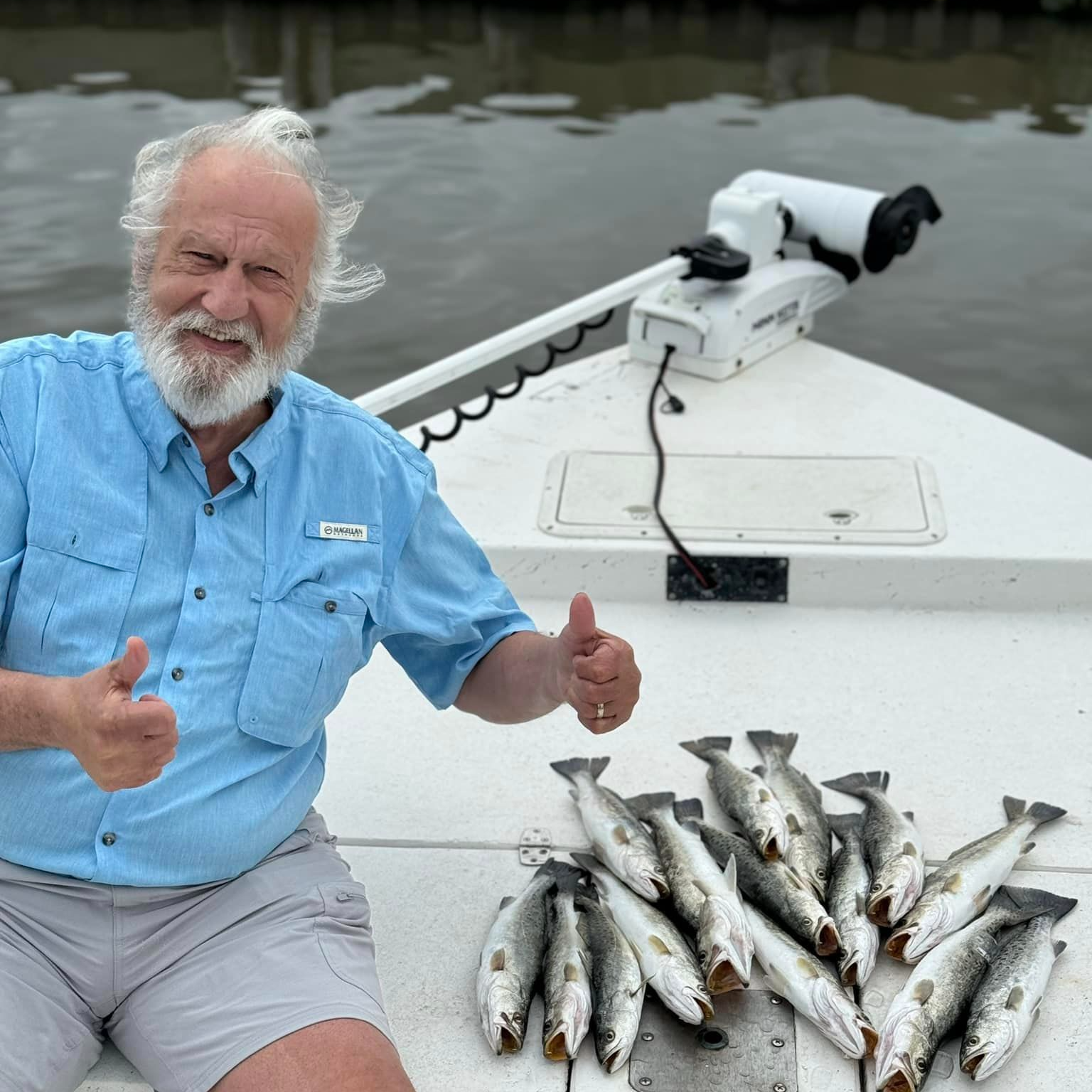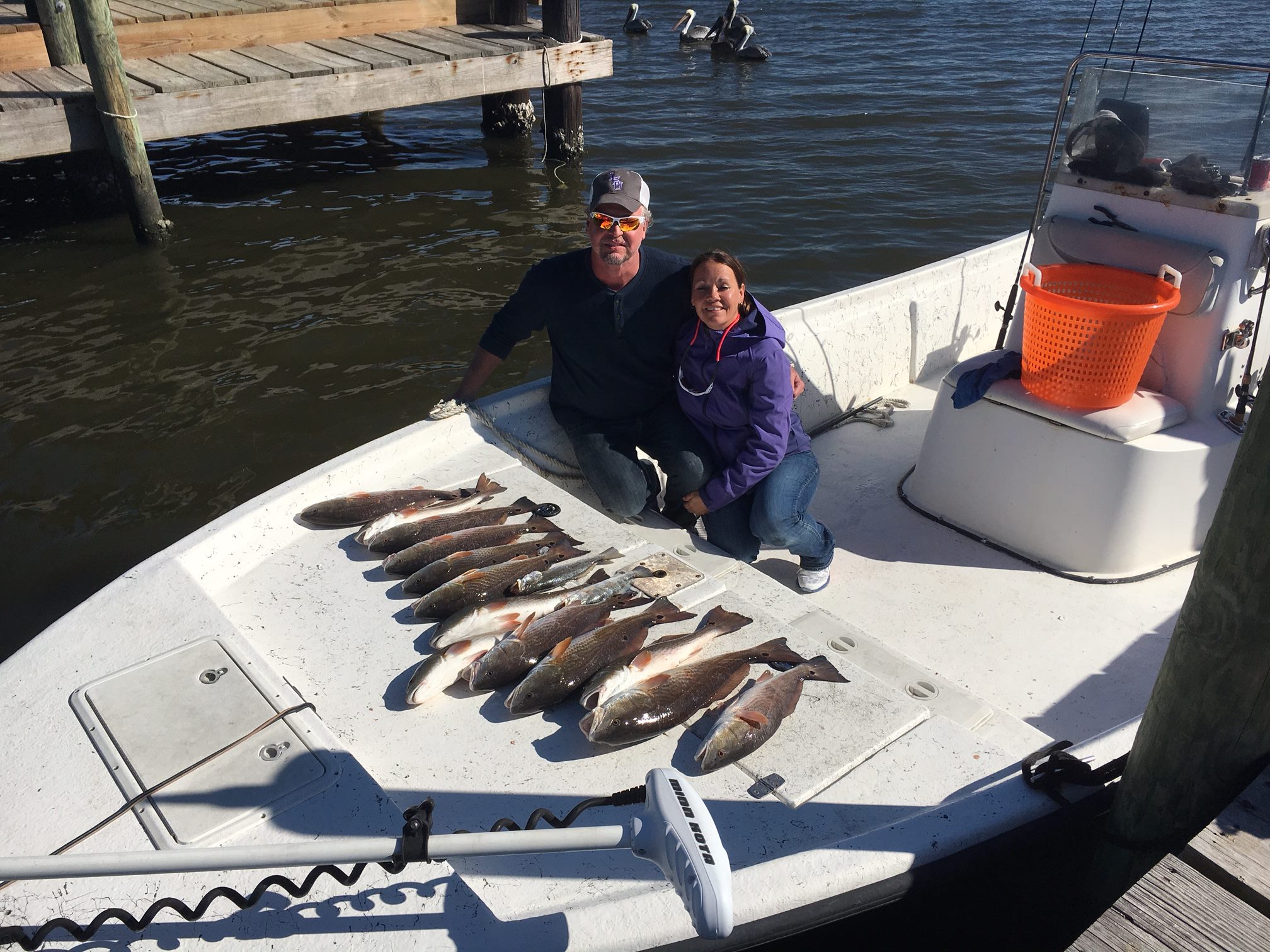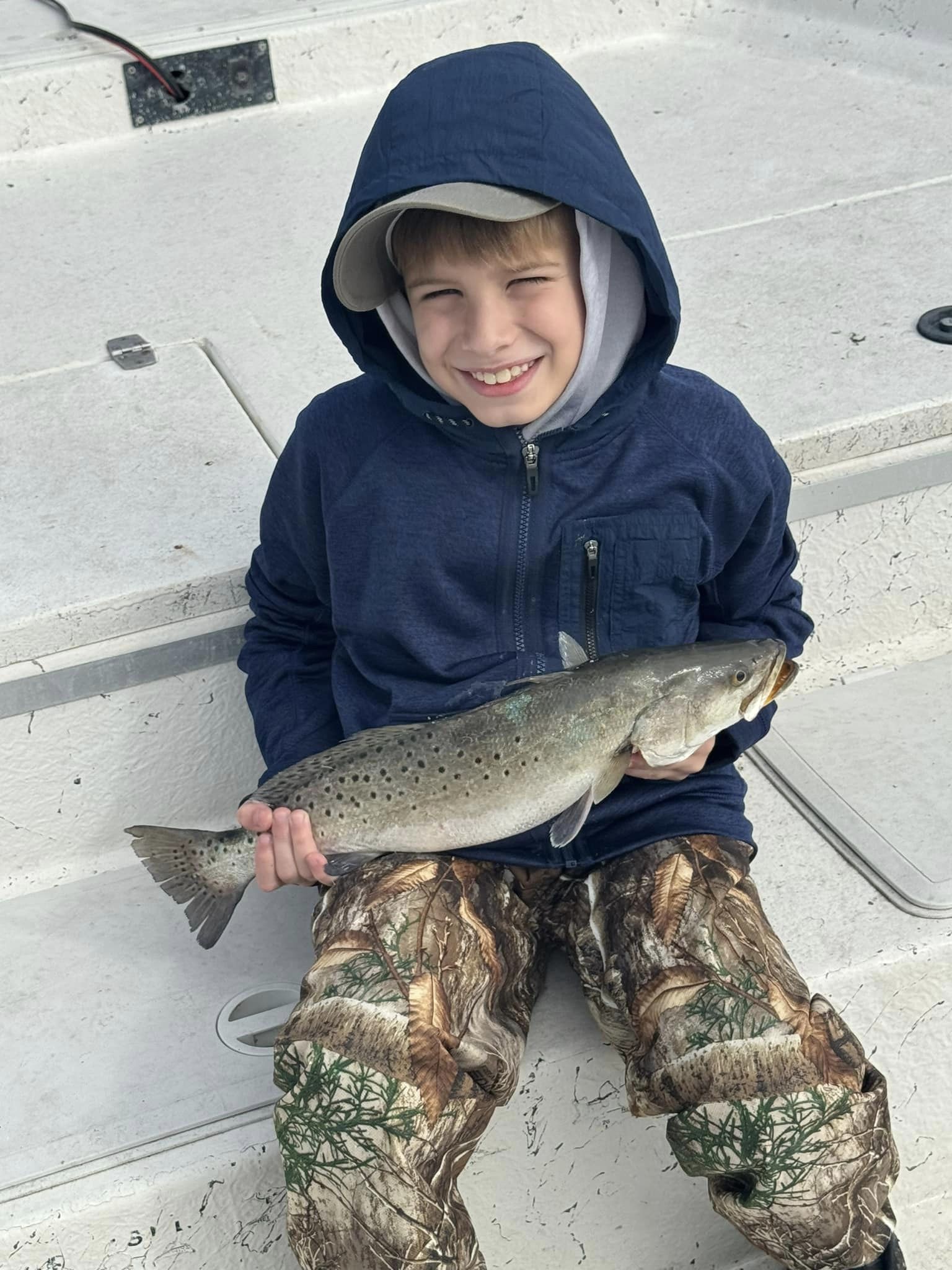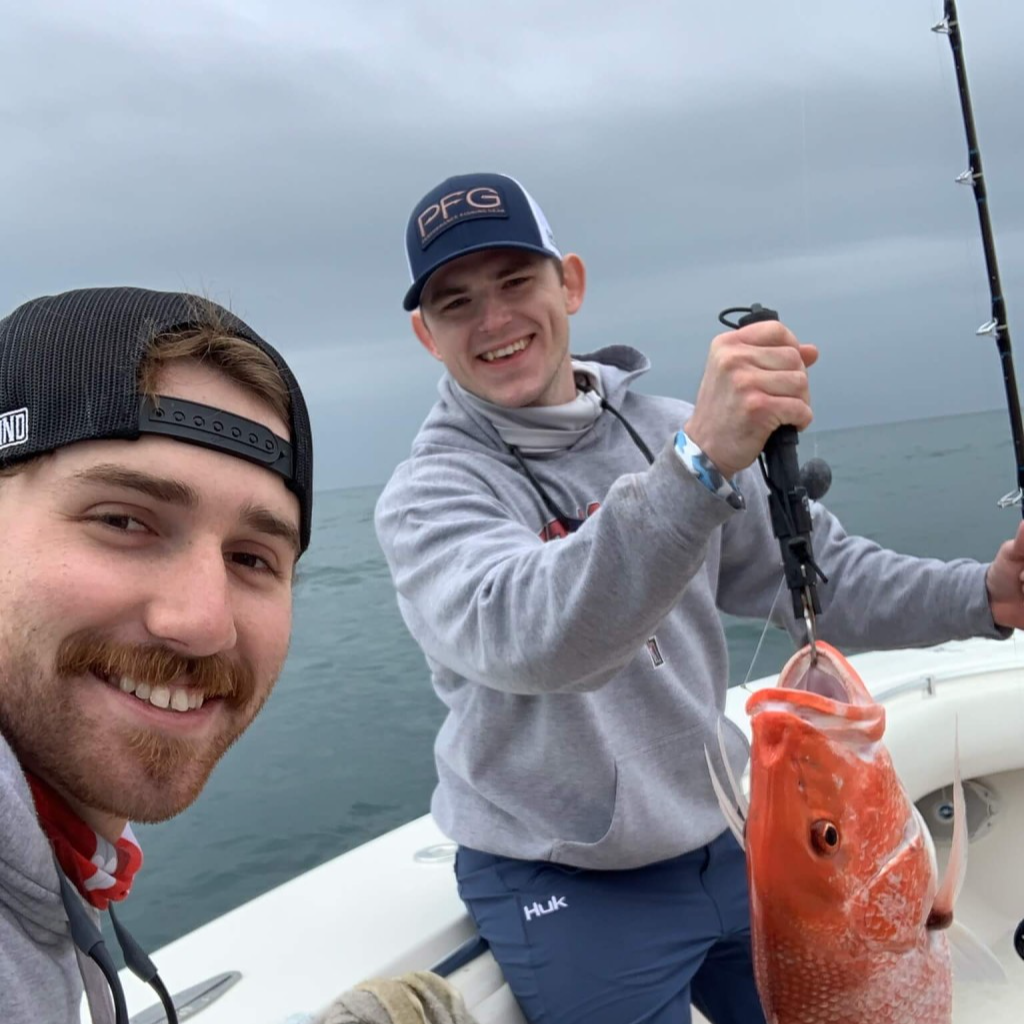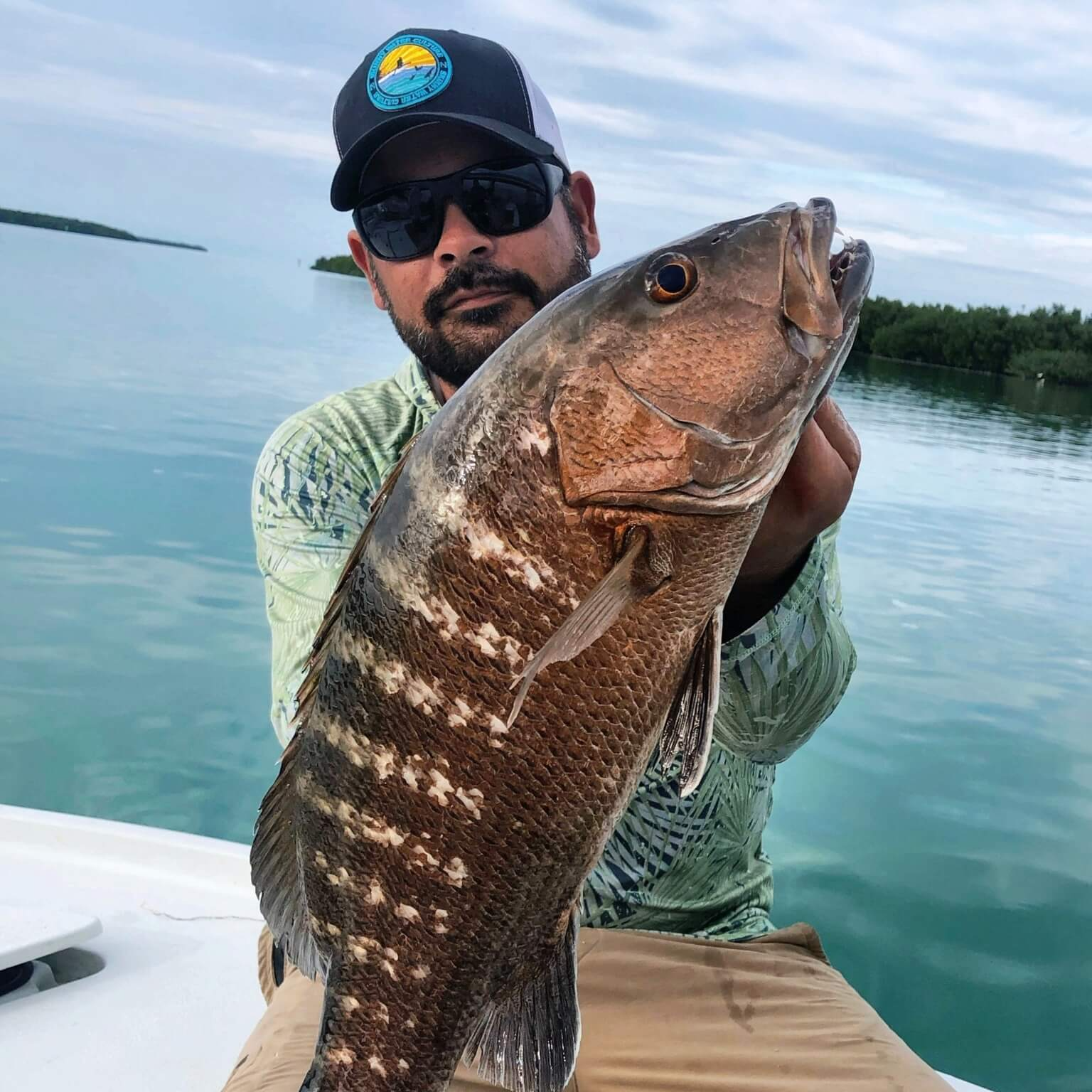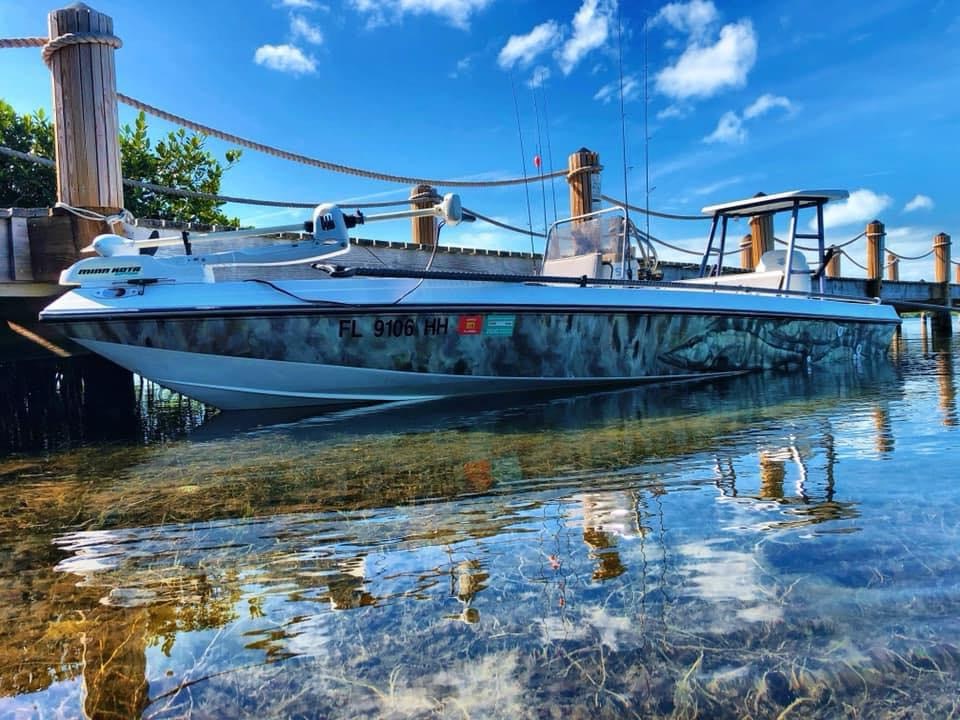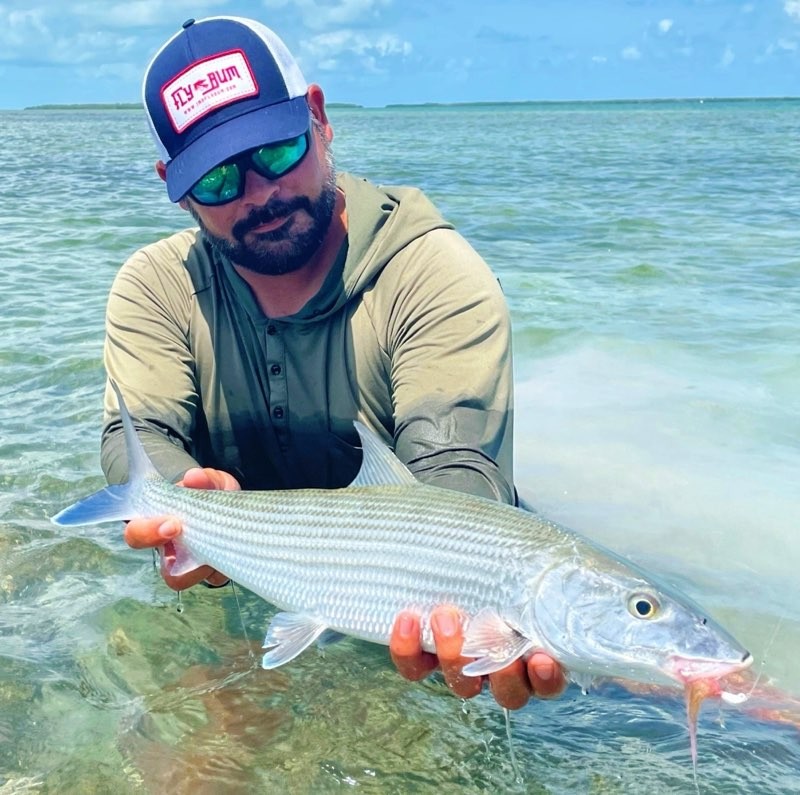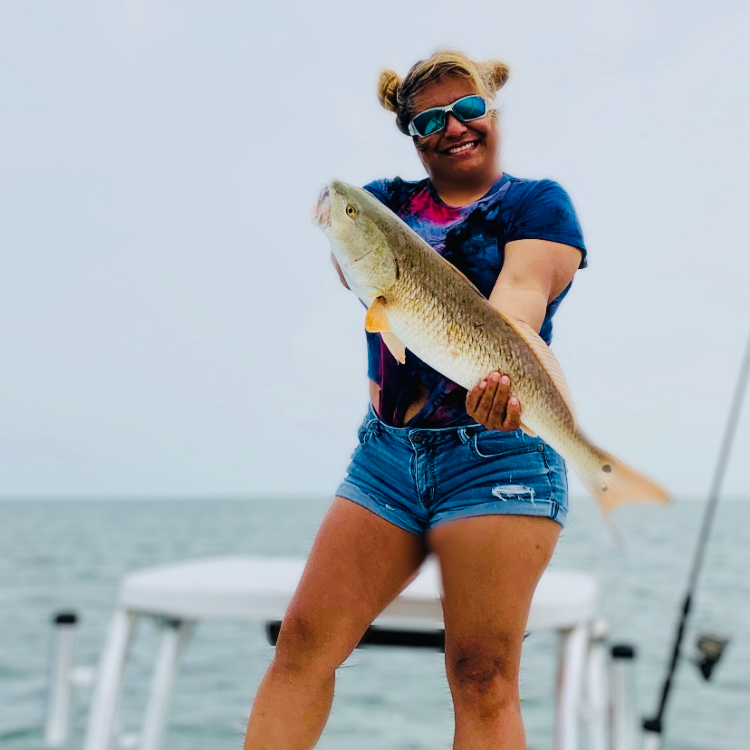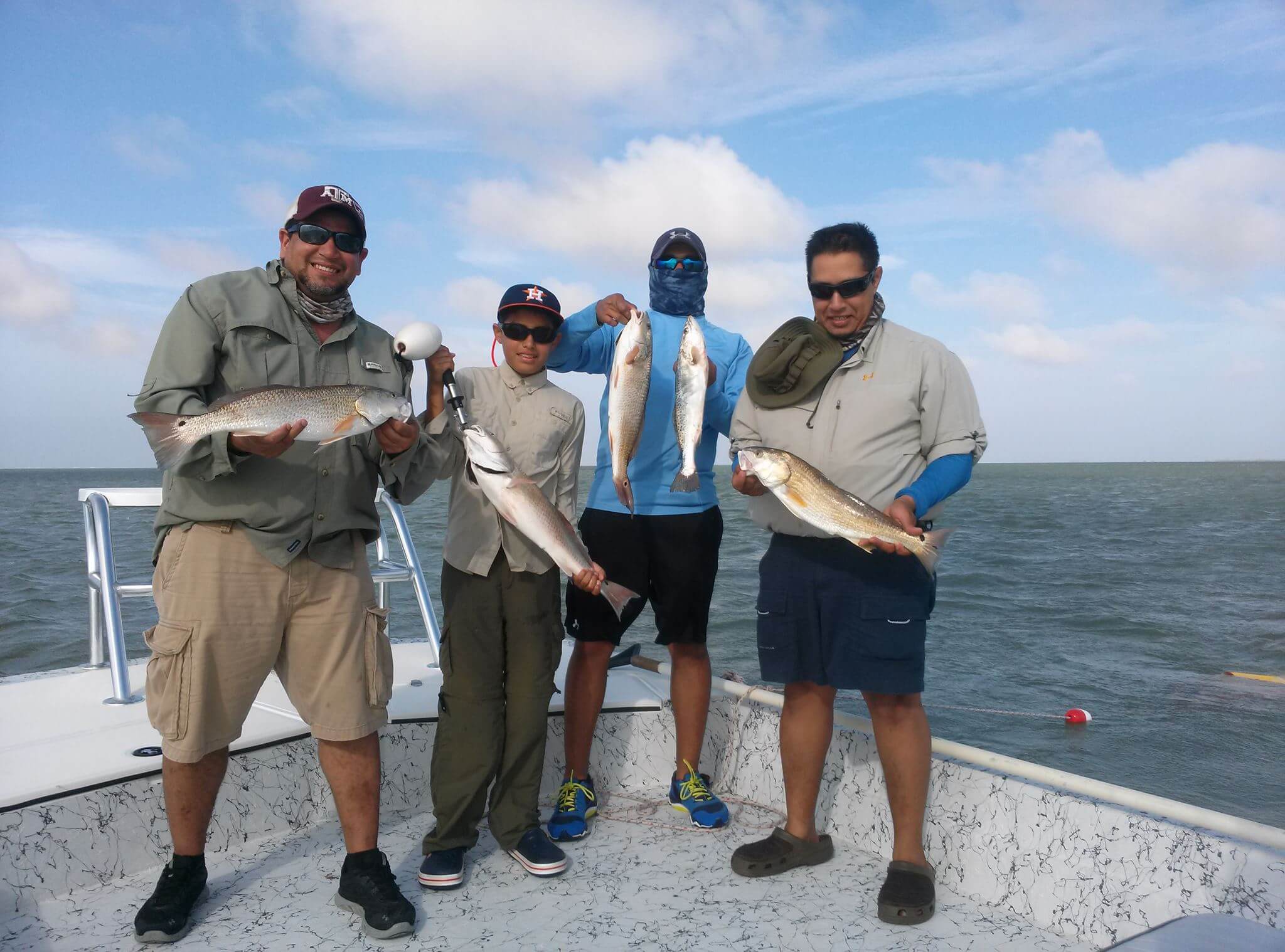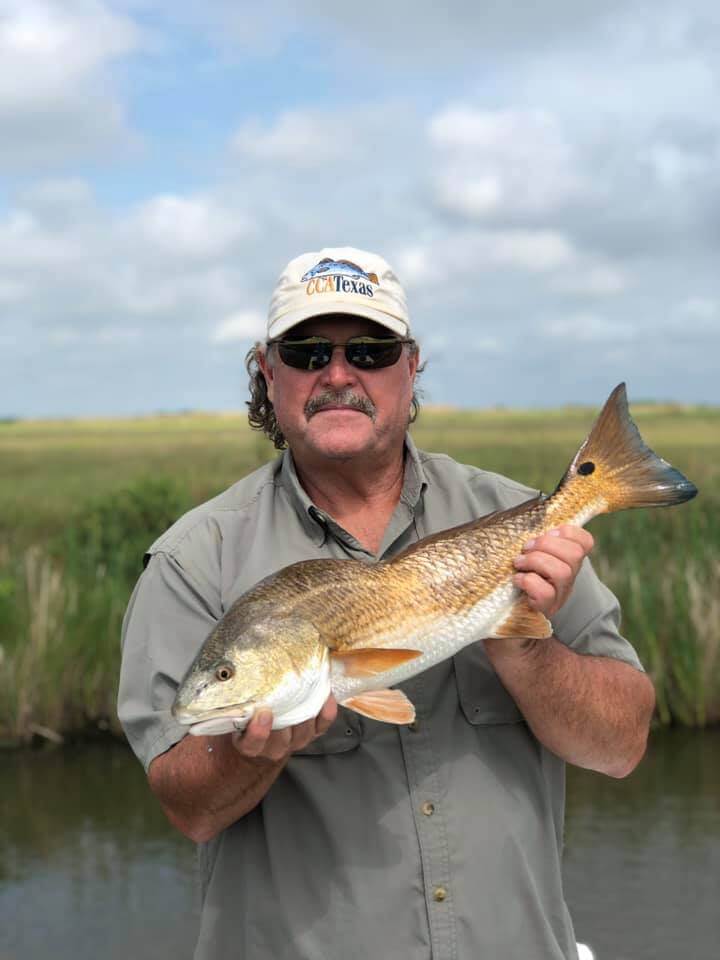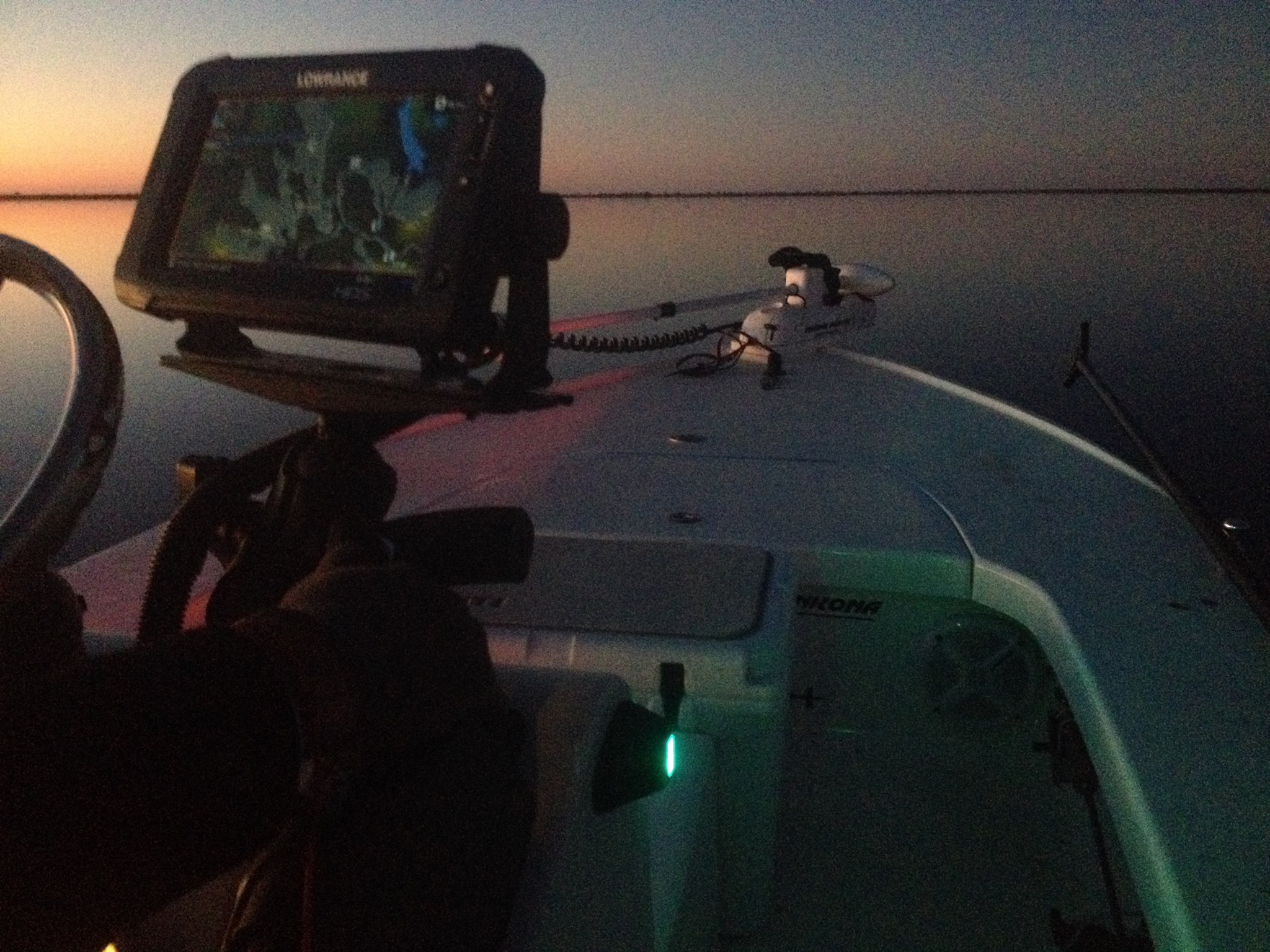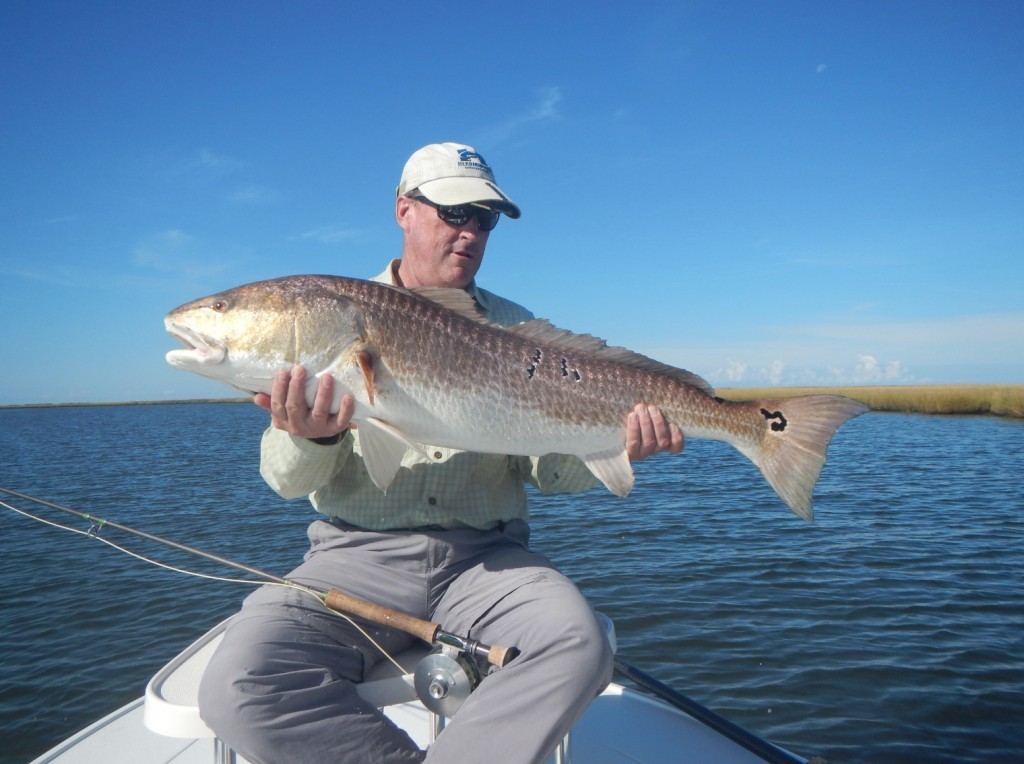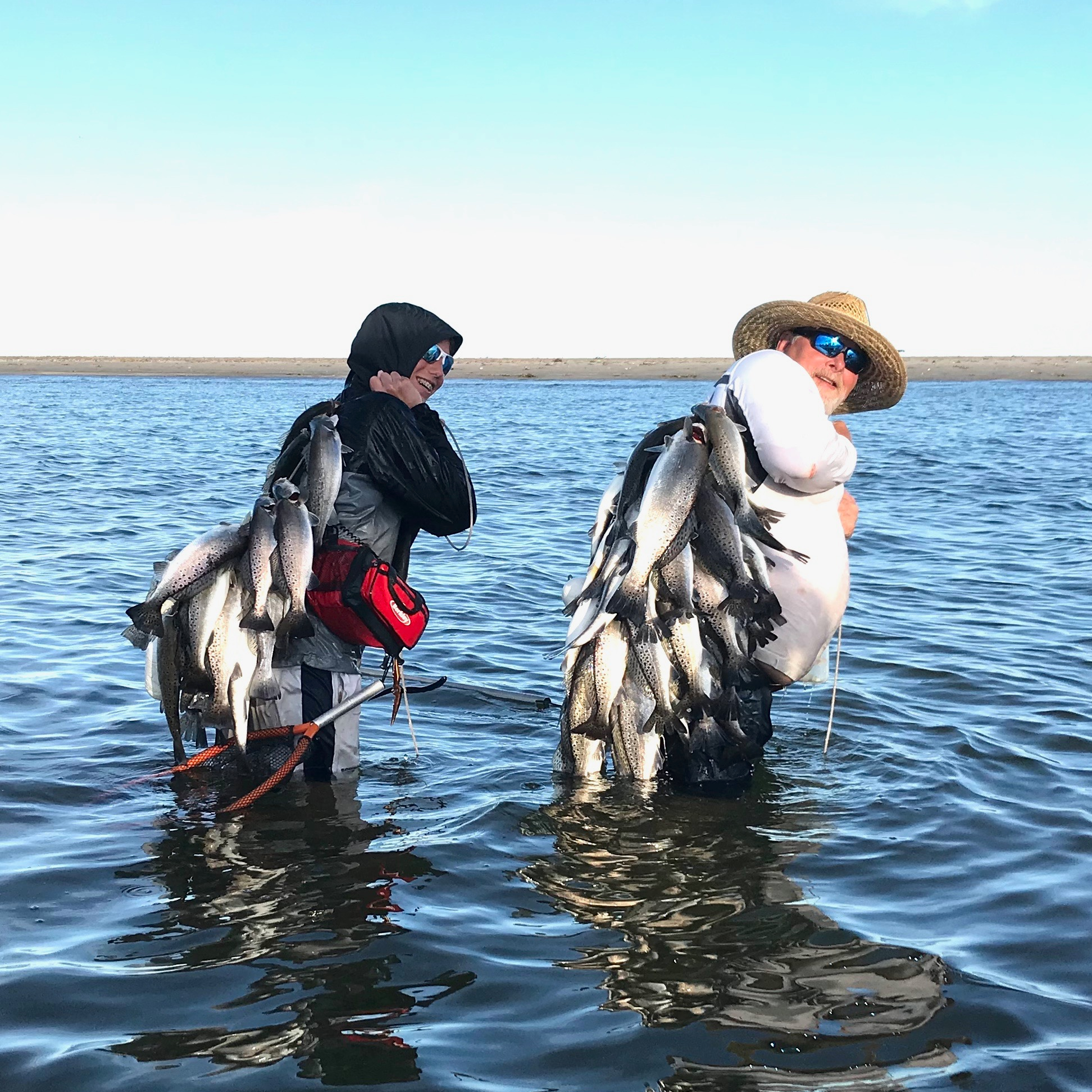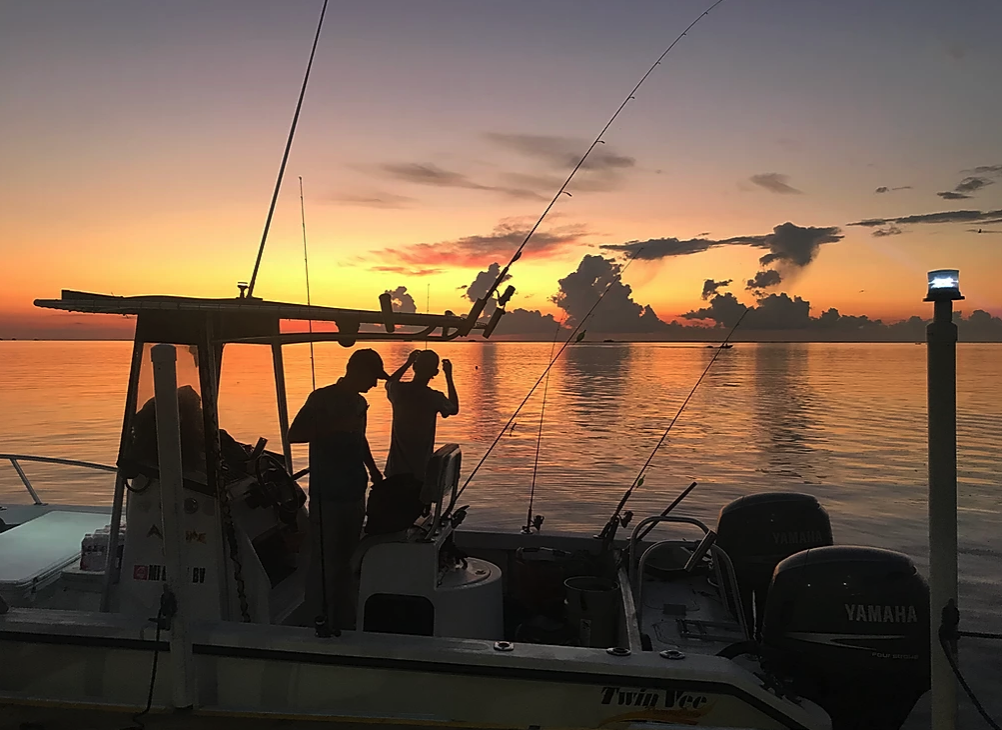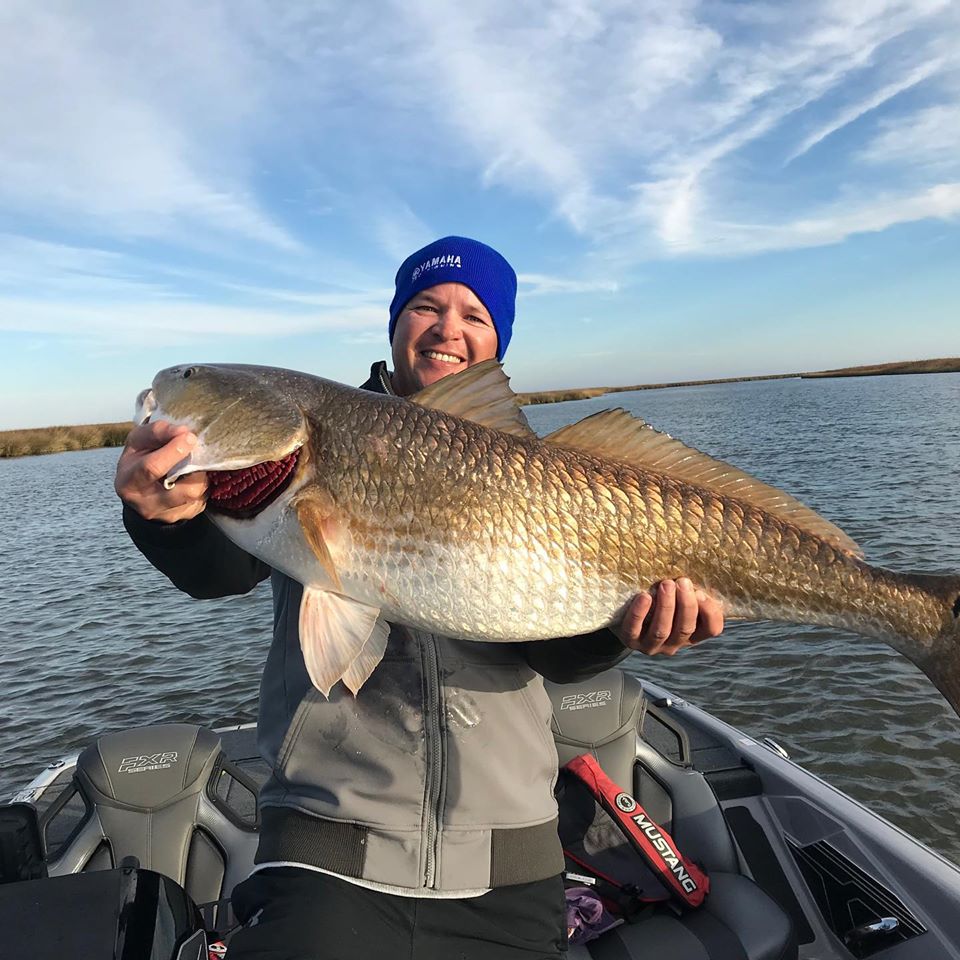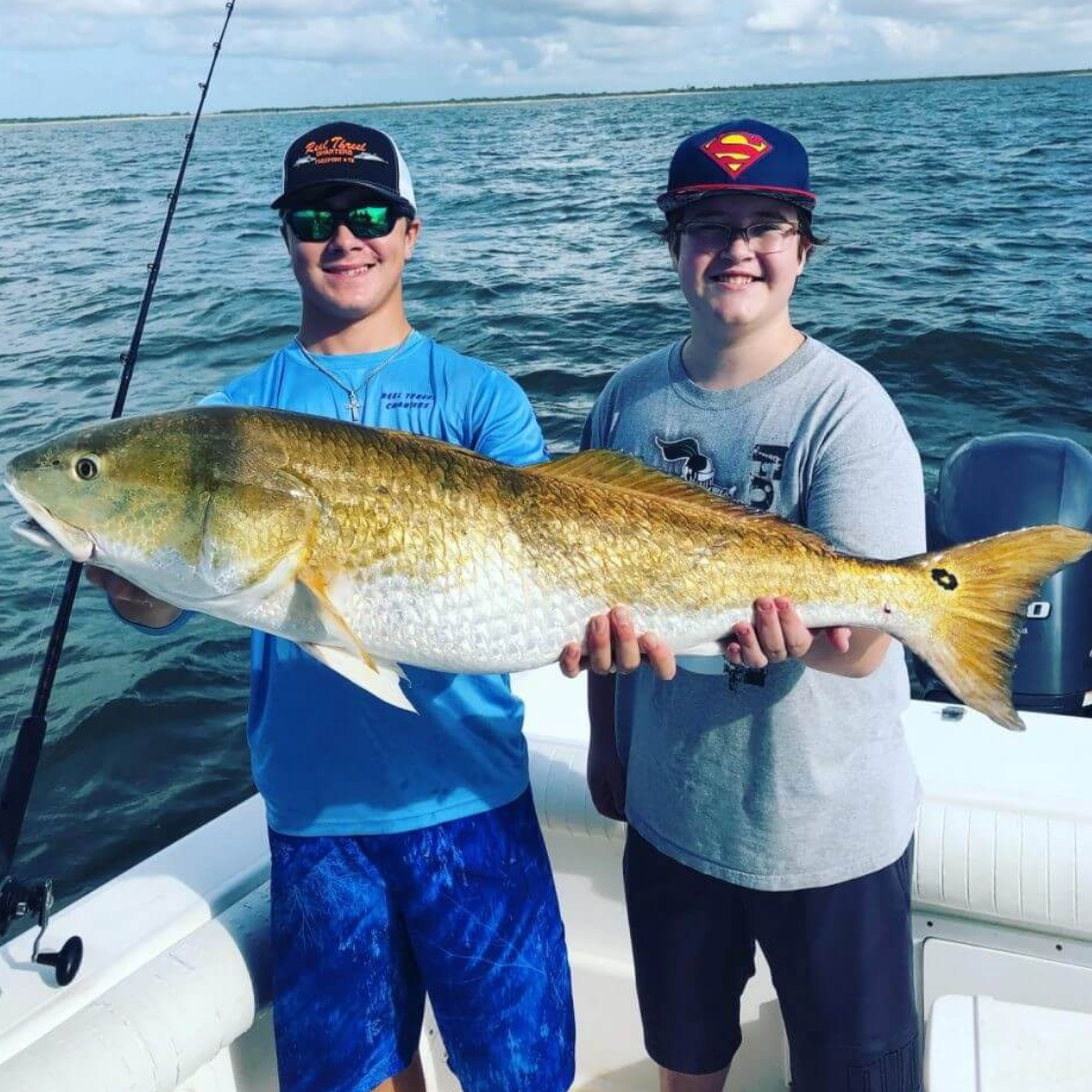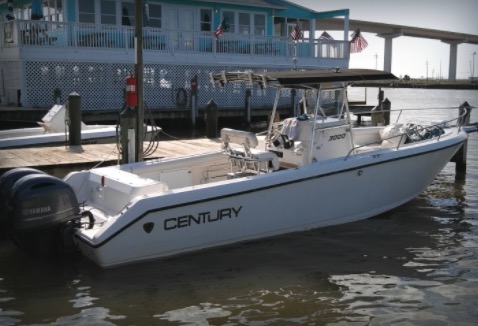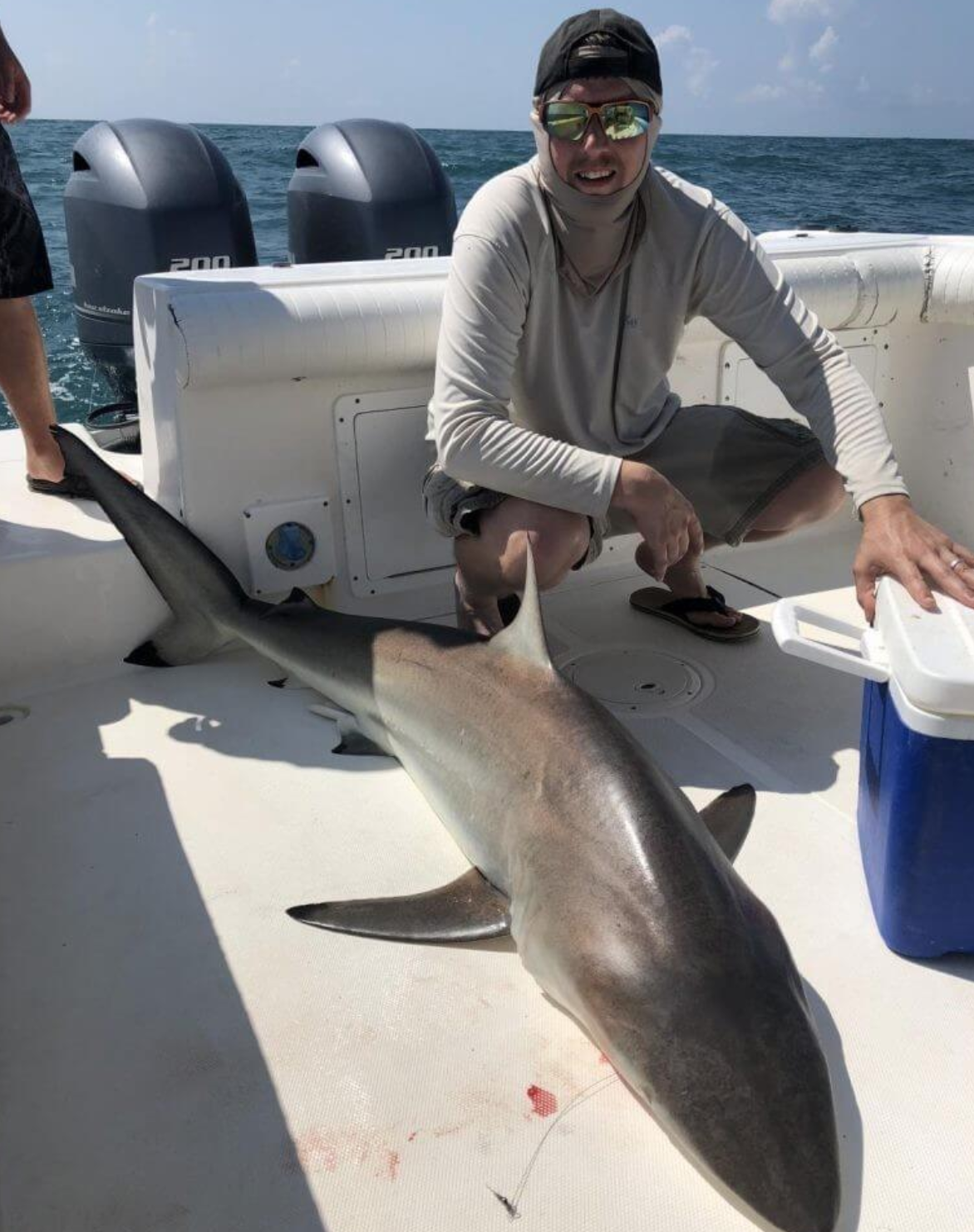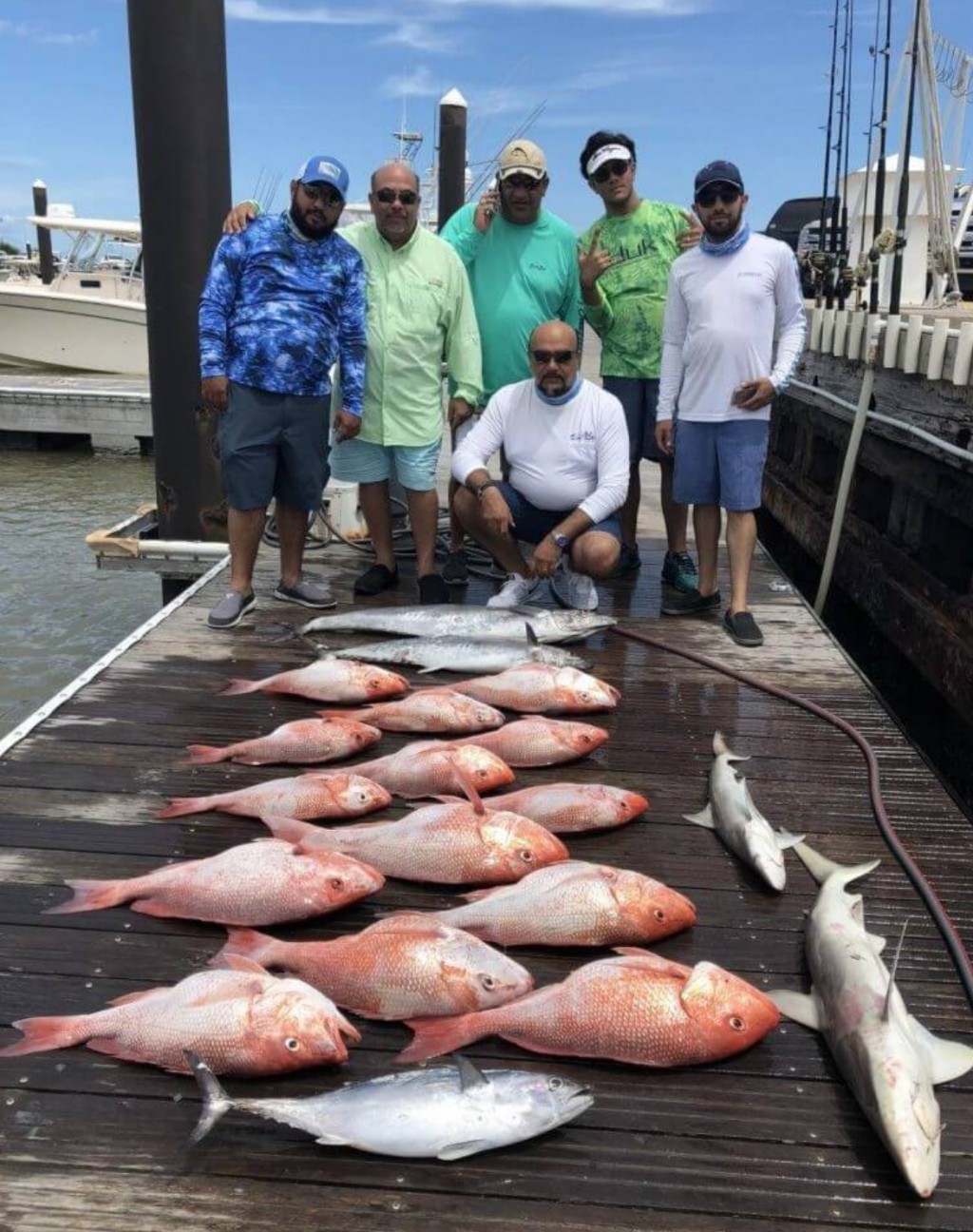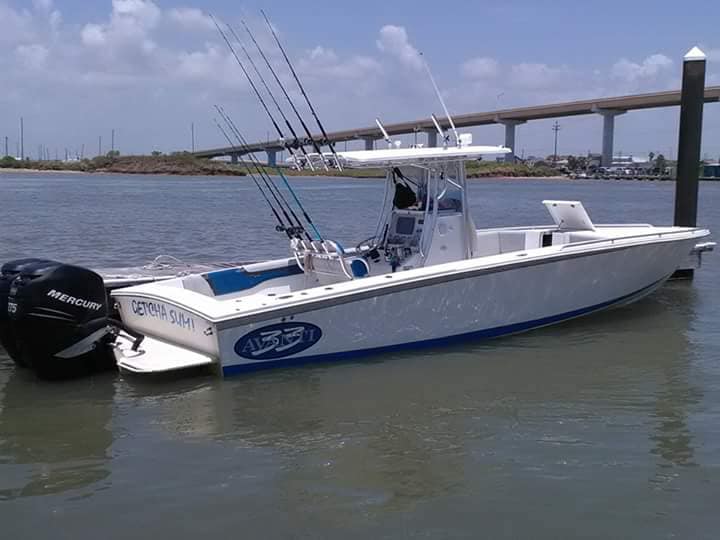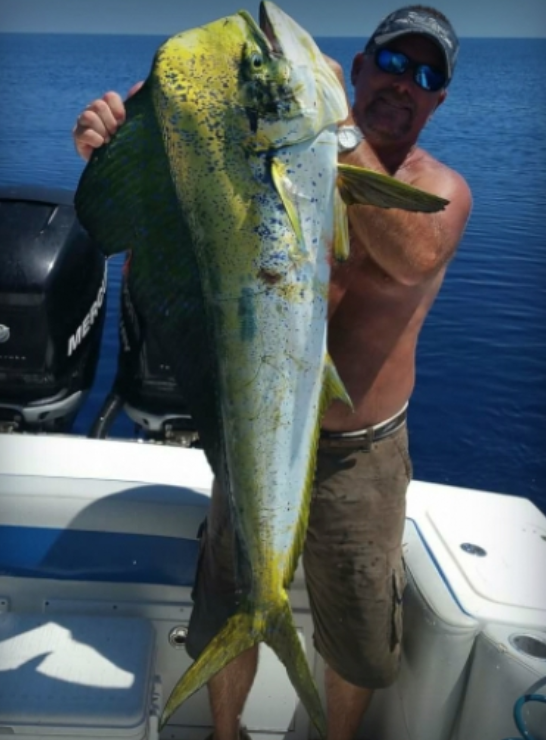Inshore, River, Dolphin Watching in Edgewater
Mosquito Lagoon Inshore
Inshore, Nearshore Fishing in Grand Isle
Shrimp Trawling Adventure
Full Day Fishing Trip - Inshore
Deep Sea, Nearshore Fishing in Port O'Connor
Full Day Offshore - 36' Contender
Inshore, Flats Fishing in Tavernier
Tavernier Backcountry Fishing
Inshore, Jetty, Flats in Port Isabel
Full Day Or Half Day Fishing Trip
Inshore, Flats Fishing in New Orleans
Hopedale Redfish On The Fly
All-Inclusive Chandeleur Islands
Nearshore, Jetty Fishing in Aransas Pass
State Waters Near Shore
Deep Sea Fishing in Aransas Pass
Deep Sea Offshore
We started Captain Experiences to make it easy to book fishing and hunting guides around the world. With over 2,000 Damn Good Guides, our platform makes finding and booking a trip seamless. Head here to check out our trips.
Shrimping is a popular recreational activity that allows fishing enthusiasts to venture into the world of crustaceans. Whether you're a seasoned angler or a beginner looking to explore a new hobby, recreational shrimping offers a unique and exciting experience. In this comprehensive guide, we'll take you through everything you need to know to get started with recreational shrimping and make the most of your adventures on the water.
Shrimping is typically done in coastal areas, estuaries, and tidal creeks using various methods such as cast netting, trapping, or even hand-picking in shallow waters.
Shrimp tend to congregate in areas with marshes, seagrass beds, and sandy or muddy bottoms. Online forums, local fishing communities, and tackle shops can be excellent resources for gathering information about productive shrimping spots.
How to Shrimp
The most common way to catch shrimp is throwing a weighted cast net over a school of shrimp and then pulling it back towards you. It is recommended that you get some practice in throwing the net before in order to have your technique down. Setting up baited traps is another technique that requires you to check the traps regularly. Another way of catching shrimp is by using a dip net. By boat, raft, or even wading in shallow waters, you can attempt to net shrimp in upper water columns.
Do I Need a License to Go shrimping
In order for someone to recreationally shrimp, a person must have a fishing license in order to take or attempt to take shrimp from salt water must have a valid fishing license. Specific rules and exemptions vary state to state, so be sure to look up the local fishing regulations for where you plan to fish to get the most accurate information.
Where to Go Shrimping
There are a variety of places to go recreational shrimping in the U.S. The Gulf Coast is home to great shrimping spots in states like Texas, Louisiana, and especially Florida. Check out our guide on the best places to shrimp in Florida for a more in depth list on great Florida shrimping spots.
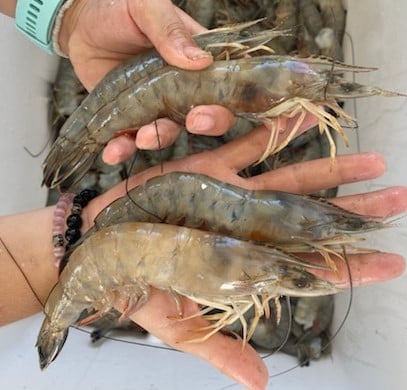
Types of Nets
Depending on the method you choose to use, there are multiple types of nets available to use to catch shrimp.
Cast Net
Cast nets are the most common tools used in recreational shrimping. Opt for a net with a mesh size suitable for the shrimp species you'll be targeting. The size of the net typically ranges from 6 to 10 feet, depending on your preference and the fishing area.
Dip Net
Dip nets are a very popular method of netting shrimp and are especially great for kids. Dip nets tend to have a smaller mesh and a long pole-like handle allowing the user to have a further reach.
Seine Net
A seine net is a large rectangular shaped net with floats along the top edge and weights along the bottom edge. Seine nets are designed to be used in shallow water areas such as estuaries, marshes, or along the shoreline. This type of net offers the advantage of covering a larger area compared to other shrimping methods such as cast netting or dip netting. They can be particularly effective when targeting shrimp in shallow water areas, as they allow for the capture of a significant number of shrimp in a single haul.
Other Gear and Equipment Needed to Shrimp
Bait and Shrimp Traps
Baiting traps with fish heads, chicken necks, or cat food can attract shrimp. Make sure to check local regulations regarding the use of traps and any restrictions on bait.
Boats and Kayaks
Depending on the shrimping method and location, you may require a boat or kayak to access prime shrimping grounds. Ensure your vessel is in good condition and equipped with safety gear.
Shrimp Lights
Shrimp are often attracted to light at night. Using underwater lights can help lure them closer to your net, increasing your chances of a successful catch.
Buckets or Coolers
You'll need containers to hold your caught shrimp. Make sure they have lids to keep the shrimp fresh and prevent them from escaping.
Gloves
Optional but recommended, gloves can protect your hands from any sharp objects or pinchy shrimp.
How to Cook Shrimp
One of the best parts about catching your own shrimp is how fresh they are when cooking and eating them. Shrimp can be served in a variety of ways making them one of the easiest and tastiest seafoods out there. Check out our guide on the Top 5 Ways to Cook Shrimp.
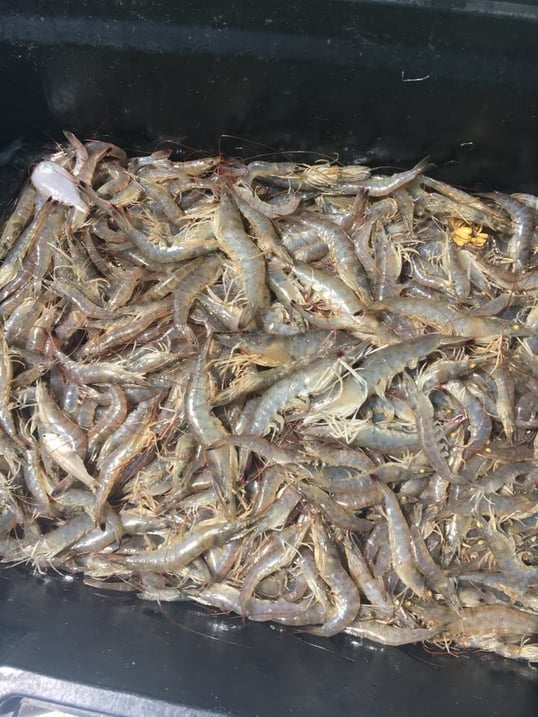
Book Your Shrimping Trip
Recreational shrimping offers a unique and rewarding experience for people wanting to catch their own seafood. If you’re looking to get out on the water and pull in some shrimp, check out our shrimping guides to book your shrimping trip with one of our local professional guides.
Charlie Reckling
Updated on August 1, 2023

April 26, 2022

November 7, 2023
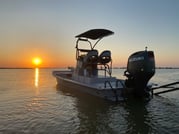
January 7, 2022

July 31, 2024

November 15, 2023
Related Articles
November 28, 2022
January 27, 2022
April 14, 2022
Featured Locations
- Fishing Charters Near Me
- Austin Fishing Guides
- Biloxi Fishing Charters
- Bradenton Fishing Charters
- Cabo San Lucas Fishing Charters
- Cancun Fishing Charters
- Cape Coral Fishing Charters
- Charleston Fishing Charters
- Clearwater Fishing Charters
- Corpus Christi Fishing Charters
- Crystal River Fishing Charters
- Dauphin Island Fishing Charters
- Daytona Beach Fishing Charters
- Destin Fishing Charters
- Fort Lauderdale Fishing Charters
- Fort Myers Fishing Charters
- Fort Walton Beach Fishing Charters
- Galveston Fishing Charters
- Gulf Shores Fishing Charters
- Hatteras Fishing Charters
- Hilton Head Fishing Charters
- Islamorada Fishing Charters
- Jacksonville Fishing Charters
- Jupiter Fishing Charters
- Key Largo Fishing Charters
- Key West Fishing Charters
- Kona Fishing Charters
- Lakeside Marblehead Fishing Charters
- Marathon Fishing Charters
- Marco Island Fishing Charters
- Miami Fishing Charters
- Montauk Fishing Charters
- Morehead City Fishing Charters
- Naples Fishing Charters
- New Orleans Fishing Charters
- New Smyrna Beach Fishing Charters
- Ocean City Fishing Charters
- Orange Beach Fishing Charters
- Panama City Beach Fishing Charters
- Pensacola Fishing Charters
- Pompano Beach Fishing Charters
- Port Aransas Fishing Charters
- Port Orange Fishing Charters
- Rockport Fishing Charters
- San Diego Fishing Charters
- San Juan Fishing Charters
- Sarasota Fishing Charters
- South Padre Island Fishing Charters
- St. Augustine Fishing Charters
- St. Petersburg Fishing Charters
- Tampa Fishing Charters
- Tarpon Springs Fishing Charters
- Venice Fishing Charters
- Virginia Beach Fishing Charters
- West Palm Beach Fishing Charters
- Wilmington Fishing Charters
- Wrightsville Beach Fishing Charters
